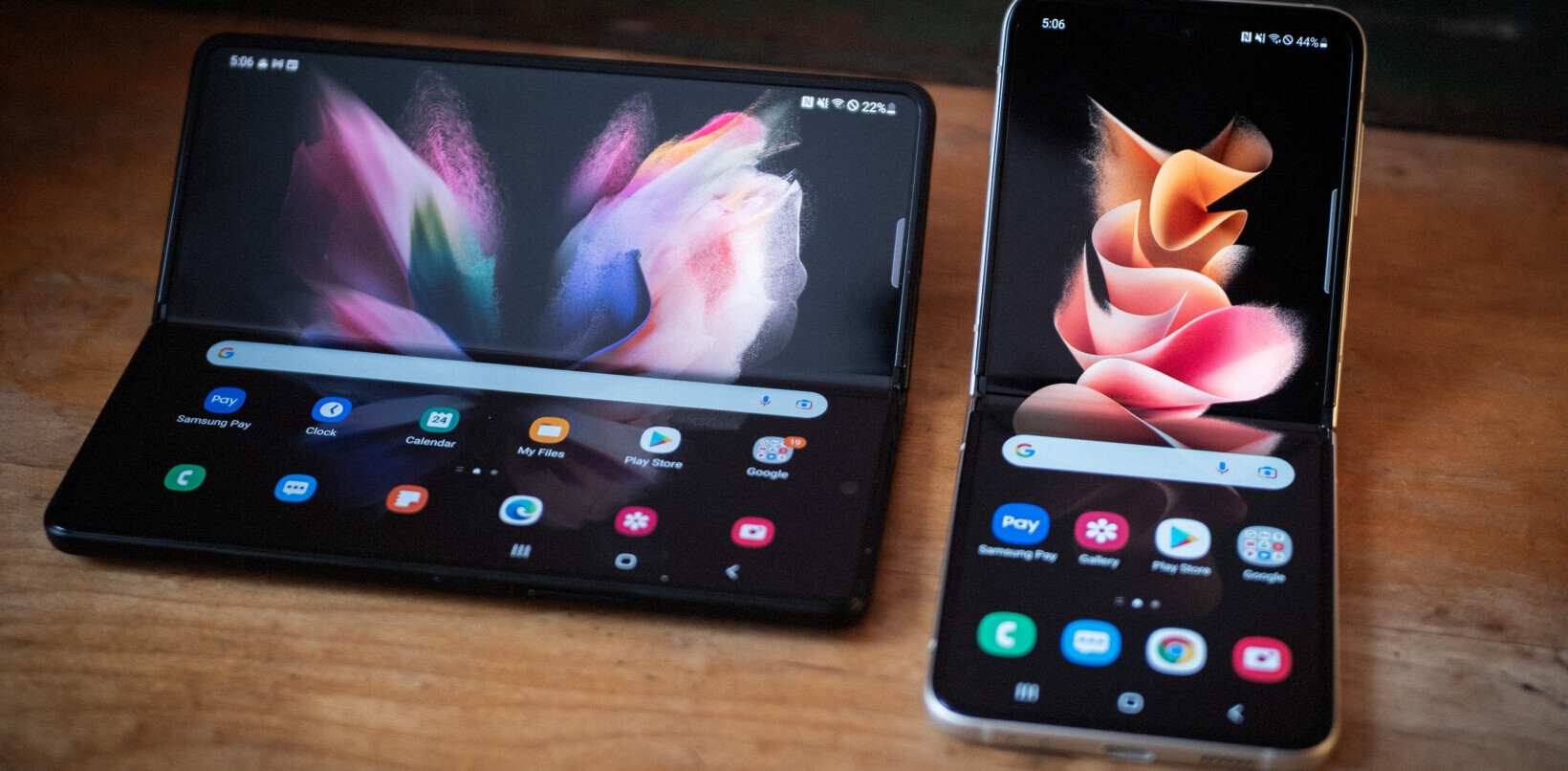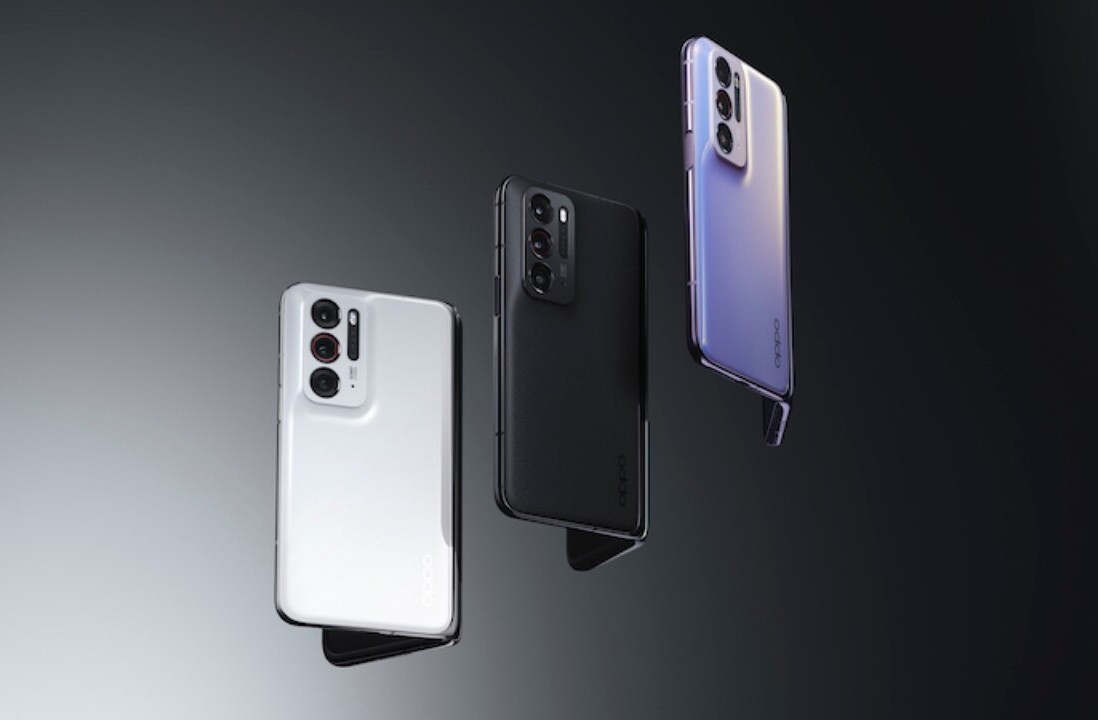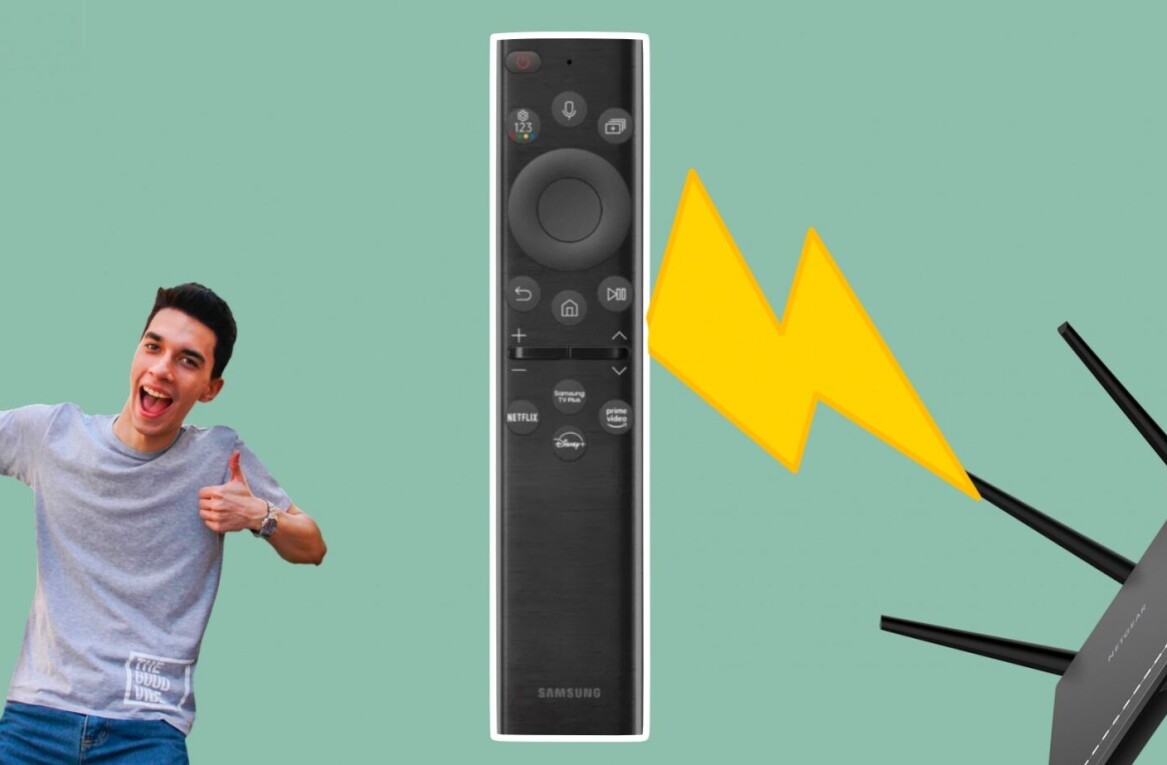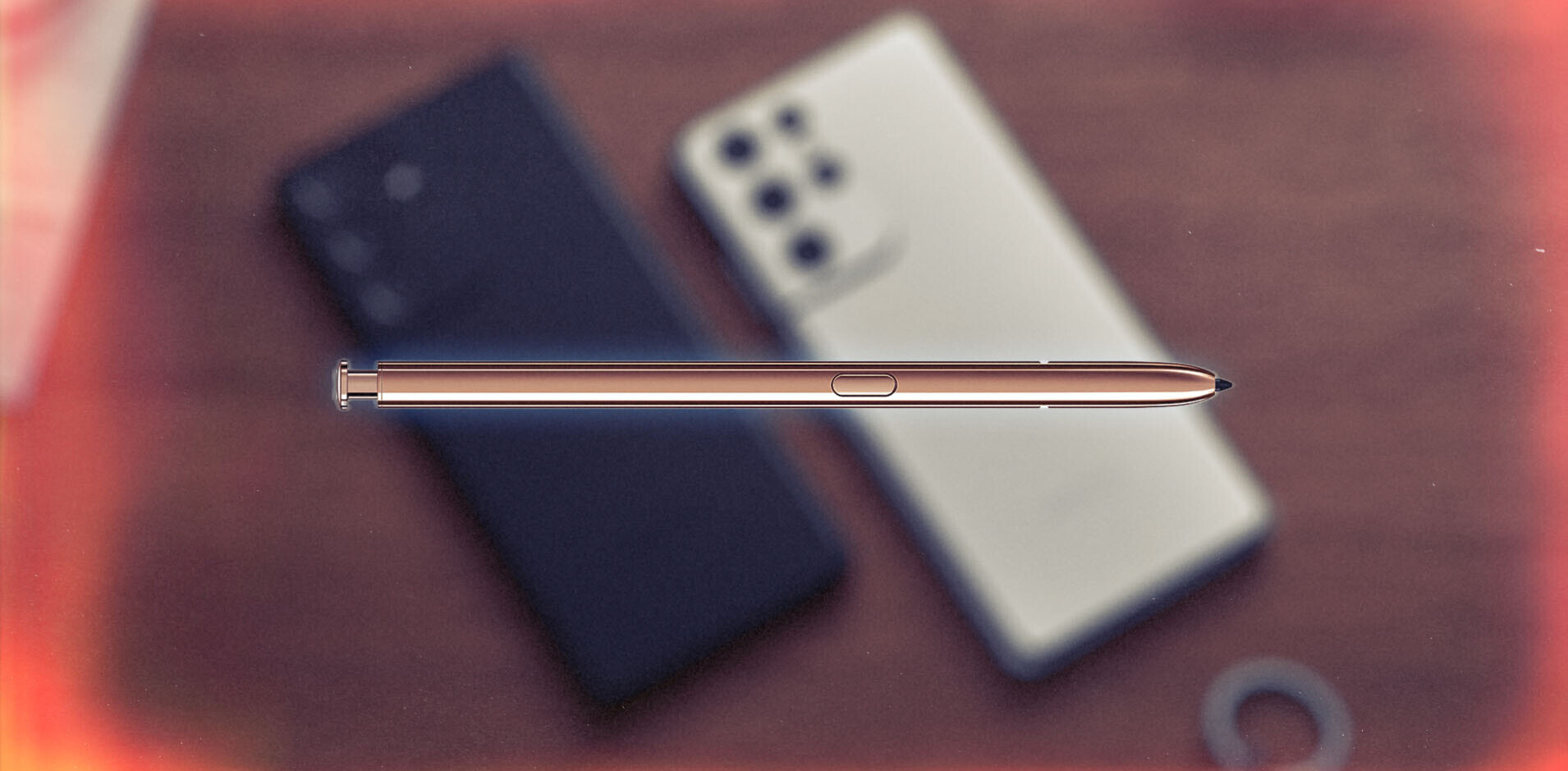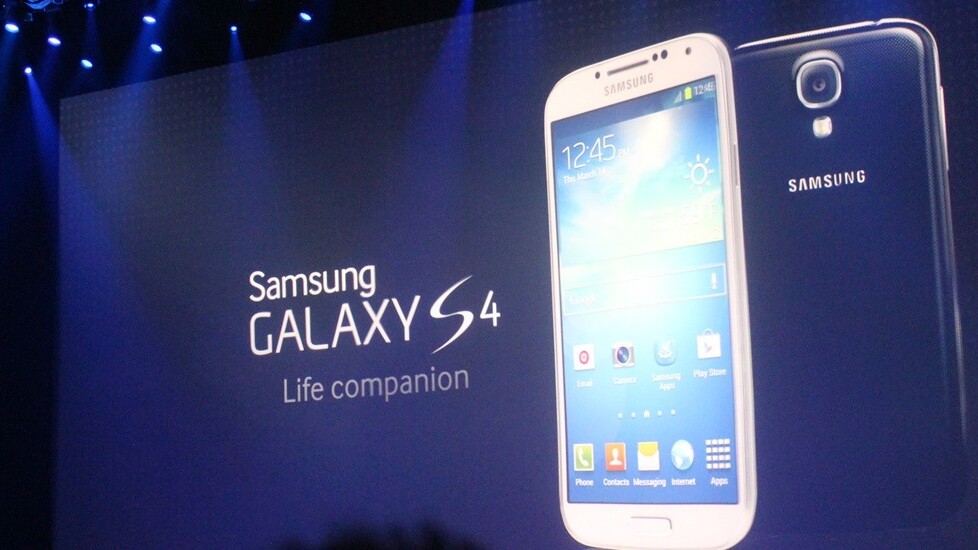
Samsung is estimated to have shipped 64 million smartphones in 2012, its flagship device from last year — the Galaxy S3 — hit 40 million channel sales in just seven months and the firm topped global handset charts with an estimated 23 percent market share in Q4 2012.
Based on those figures, it’s no wonder that so many of the Korean phone maker’s rivals spoke up or rolled out marketing tricks to get attention at the launch of the Galaxy S4 on Thursday in New York.
Here’s a quick run-down of the highest profile efforts from the competition:
HTC
Taiwan’s HTC made a big push to media at the Samsung launch event, and also those watching from afar.
An HTC ‘street team’ was in and around the location of the event, handing out snacks, cocoa and, most importantly, giving media from across the world (many of whom flew in at Samsung’s expense) a hands-on look at its HTC One phone, as AllThingsD explains.
Admitting that it cannot compete head on with Samsung’s vast marketing budget — which eclipsed even Apple’s — HTC President Jason Mackenzie told the ATD that the event was “a good opportunity to let people compare real-time…we want to seize the opportunity to get it into as many hands as possible.”
Beyond letting people simply try its phone out, HTC also offered deals. The company handed out flyers offering $100 off of the cost of the new One for those that trade in their existing device, as this photo from Gottabemobile shows.
HTC also made an effort to reach media not on the ground, offering comment from Benjamin Ho — its newly appointed marketing head — whose canned quotes include some aggressive soundbites:
“With a continuation of a plastic body, and a larger screen being the most obvious physical change, Samsung’s new Galaxy pales in comparison to the all-aluminum unibody HTC One.”
This is more of the same. HTC remains the best option for those people looking for the best technology wrapped in premium design.
Our customers want something different from the mainstream, who appear to be the target for the Galaxy. Our customers want original cutting-edge technology, mouth-watering design and a premium feel from their mobiles, which is why we created the HTC One.
This approach is very much a departure from traditional HTC marketing campaigns under the ‘Quietly Brilliant’ banner. But, with a new head of communications and its lowest month of sales for three years last month, is it any wonder that HTC is being more aggressive?
“We’ve got to compete,” Mackenzie said to AllThingsD. “These two products will spend their product life in market together.”
STILL the best phone. #HTCOne: s.htc.com/12Uufwt.
— HTC (@htc) March 15, 2013
LG
LG went for a more subtle approach, opting for strategically placed images over words.
As we wrote yesterday, it attacked Samsung with a photobomb-like approach. The company used its billboard on Times Square to ape Samsung’s “Be Ready 4 The Next Galaxy” with a slogan of its own: “LG Optimus G Is Here 4 You Now”.
This photo says and shows it all:
Apple
Apple’s blows were delivered by its head of marketing Phil Schiller who, focusing his comments on the “fragmented” Android platform, told Reuters that the Galaxy S4 was likely to ship on old software that would frustrate users.
With their own data, only 16 percent of Android users are on year-old version of the operating system. Over 50 percent are still on software that is two years old. A really big difference.
And that extends to the news we are hearing this week that the Samsung Galaxy S4 is being rumored to ship with an OS that is nearly a year old,” he said. “Customers will have to wait to get an update.
Schiller, who recently highlighted the threat of malware on Android devices, also add that “it’s not just enough” to produce products in large numbers for sales. “You have to love and use them,” he added, in criticism of Apple’s competitors.
On paper Google and Samsung are allies, but there’s been talk of tension between the two, even in spite of the fact that Samsung is the world’s biggest seller of Android devices.
Andy Rubin was reported to have called Samsung “a threat” in a closed meeting, while executives at Samsung were almost certainly not amused when Google jumped into the hardware space after buying Motorola for $12.5 billion. Samsung is ‘hedging its bets’ on operating systems, and, in addition to Android, it has committed to build devices based on Tizen and Windows Phone 8.
While Samsung isn’t likely to abandon Android for some time, the relationship is rocky.
Given that background, one can argue that the timing of the announcement that Chrome lead Sundar Pichai was to replace Rubin as the head of Android — made on the eve of the Samsung launch — was chosen to disrupt the upcoming Galaxy S4 event.
Suddenly the focus on Samsung and the Galaxy S4 was offset by a Google realignment that hints at increased synergy between its Chrome operating system and Android. Google followed that up with more reshuffles, as its mapping and commerce businesses were reorganized after news leaked out on Thursday.
Indeed, further evidence of unease could be found at launch itself, where Samsung — which already offers its own app store and recently launch a Passbook-like Samsung Wallet for its devices — made little mention of Android, as Macworld’s Jason Snell noted.
GS4 comes with Android 4.2.2 but the word “Android” was only uttered once. Samsung vs. Apple? Samsung vs. Android!
— Jason Snell (@jsnell) March 15, 2013
Top dogs are there to be shot at
The rivals biting at Samsung demonstrate further proof — if it was needed — that the company is racing away in the smartphone market. Whether it’s huge firms like Apple, technology enablers — like Google — or smaller handset makers that are seeing shrinking market share, Samsung’s dominance is a concern for a large number in the global mobile industry.
Images via Samsung, Korea Newswire, Justin Sullivan/Getty Images, mindpollution/Flickr
Get the TNW newsletter
Get the most important tech news in your inbox each week.






